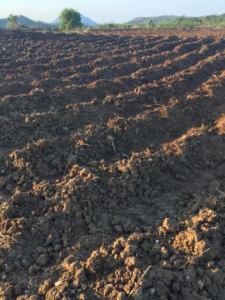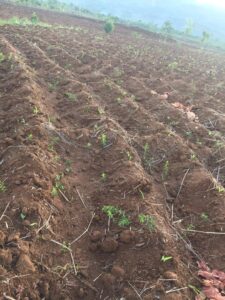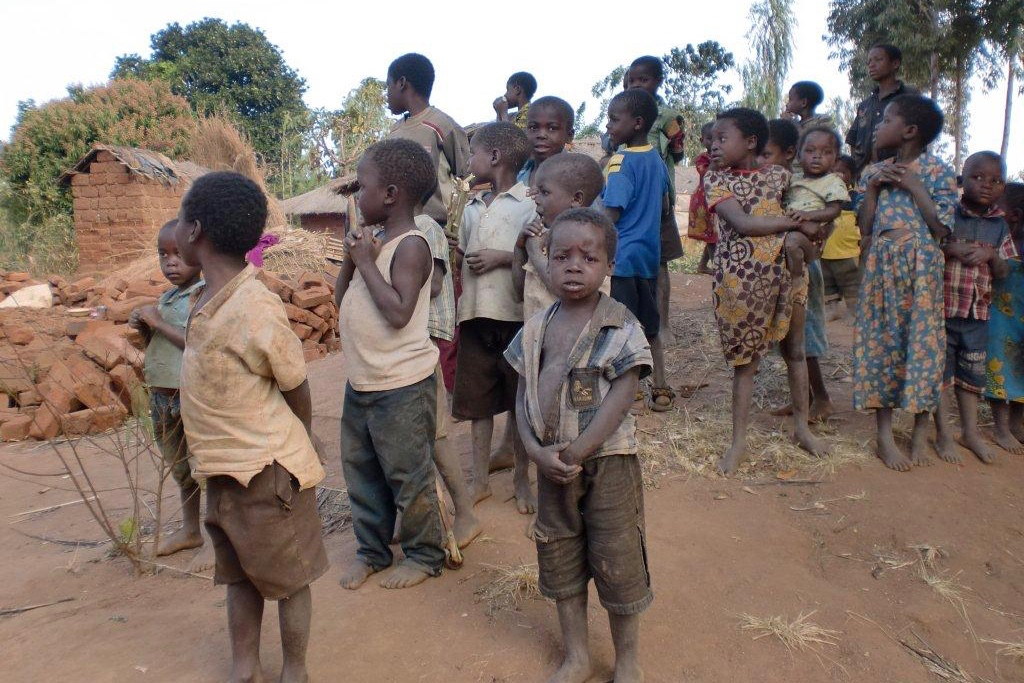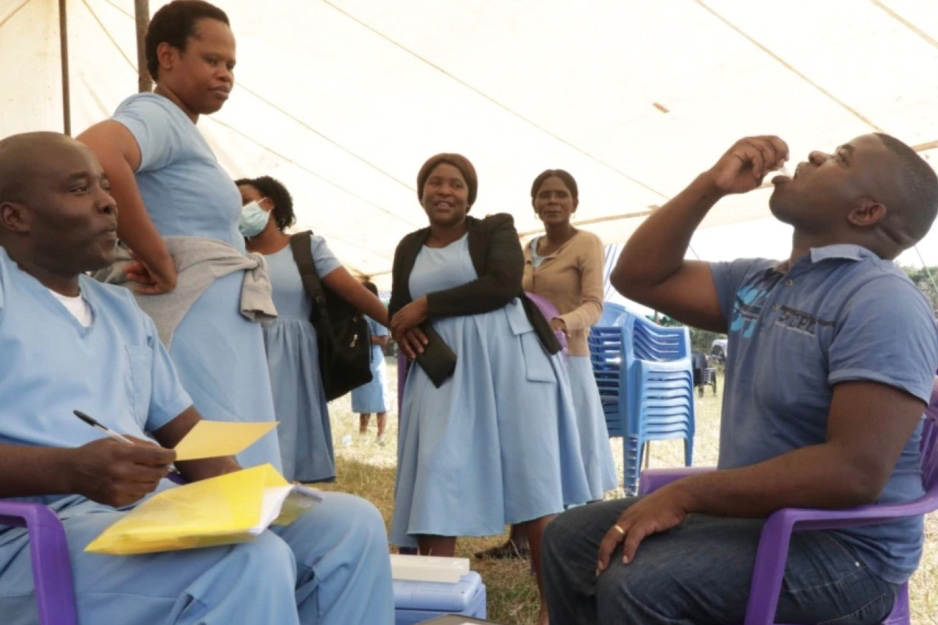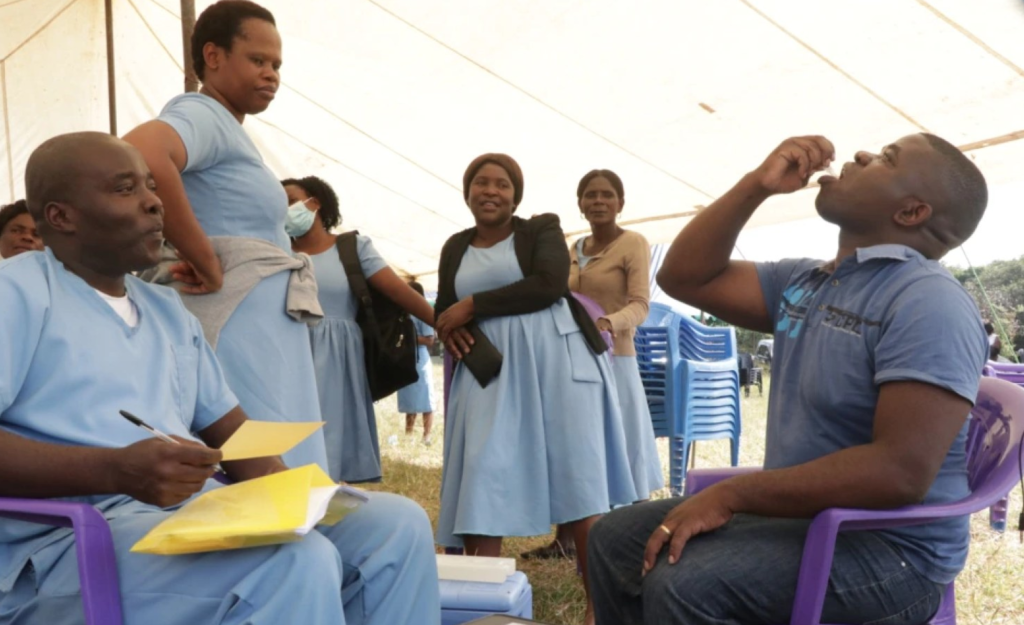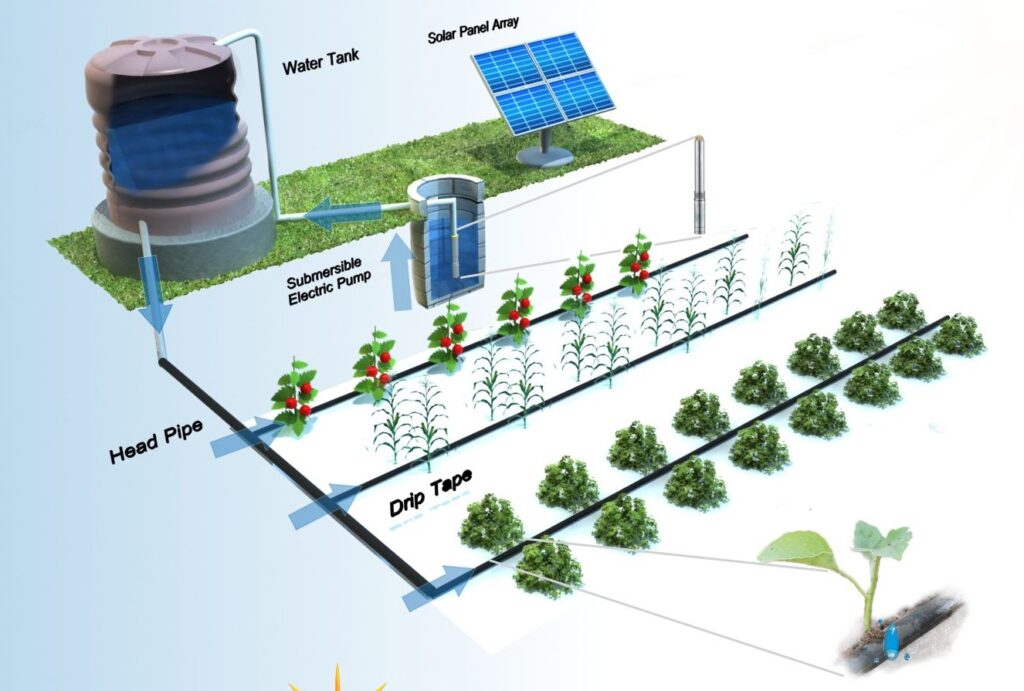
We’ve Increased by Five Acres…
This past October we purchased an additional five acre plot of land less than a kilometer away from the care center. We purchased it solely for the purpose of growing the necessary food we need to feed the children God has put in our care. It is difficult to convey just how important this is to what we are doing. The food situation in Malawi is complicated and it always has been. Once in a while there’s a bumper crop and things seem to go okay for a while, but this is the exception. Most of the time there’s lack, hunger and desperation.
We’ve been doing this a long time and have come to understand the best way to have any real food security is to grow and harvest it ourselves. Unfortunately land and seed are only part of what is needed for success, the other is water.
We are convinced that in order to produce consistently like we need to, we’ll need to install a well and implement a solar powered drip irrigation system. It’s a bit of an investment up front but in the long run it will give us the ability to produce even through drought. We will also have the potential to harvest up to two crops per growing season verses one.
When we were working in Israel we met with various farmers and growers that were located in the middle of the desert. It was phenomenal to see what they were able to produce…all primarily due to drip irrigation.
We’re in the process of getting various quotes on materials and are currently putting the plans together now for the overall cost of the project.
For more information on specific costs involved feel free to contact us, or visit our Donation page.
PHOTOS ON RIGHT – OUR NEW LAND!
